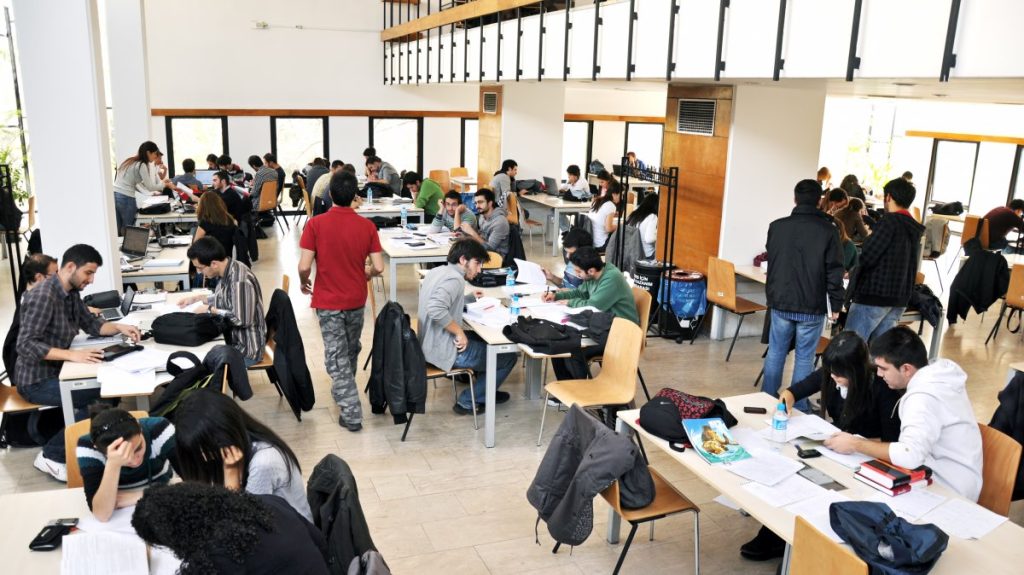The International Student Associations Federation (UDEF) has released a report titled “The Contribution of International Students to Türkiye’s Economy and Public Diplomacy.”
The report, detailing the economic and diplomatic impact of international students, was shared at a news conference held on April 16 at Fatih Sultan Mehmet University Gülhane Campus in Istanbul.
UDEF President Abdullah Muhammed Islam provided information about the report during the meeting. Islam mentioned that they had been working for a long time on the contributions of international students to public diplomacy and the economy and they aimed to share these insights with the public, based on updated data for 2025, to support the progress of international student mobility on a healthier basis.
Islam pointed out that Türkiye is one of the key destinations and hubs for international students, stating, “As of now, there are over 336,000 international students from 204 countries and regions studying in our country. Globally, the number of international students was 6.9 million in 2022 and has now reached 7.5 million. It is expected that this number will rise to around 10 million by 2030.”
According to the latest data from the U.S.-based Institute of International Education (IIE), the top four countries hosting international students are the United States, with 1,126,690 students, Canada, with 842,760 students, the United Kingdom, with 758,855 students and Australia, with 437,485 students. Türkiye, hosting 336,366 international students in the 2023-2024 academic year, has become one of the top 10 countries in the world hosting the most international students.
Islam also mentioned the countries from which most international students come to Türkiye: Syria, Azerbaijan, Turkmenistan, Iran, Iraq, Kazakhstan, Egypt, Afghanistan and Somalia. “Istanbul is the city hosting the most international students, followed by Eskişehir, Ankara, Karabük and Erzurum,” he added.
The report highlighted that international student graduates contribute significantly to trade and civil society relations between countries through the friendships they establish with Türkiye.
The report emphasized that graduates stand out as human capital contributing to Türkiye’s soft power by playing leading roles in the business world, public and political institutions, the education sector and civil society. It also noted that public diplomacy activities are carried out through nongovernmental actors.
The report stated that Turkish graduates, who are encountered around the world, play a significant role in creating a favorable public opinion for the country, promoting the Turkish language, and breaking potential prejudices.


